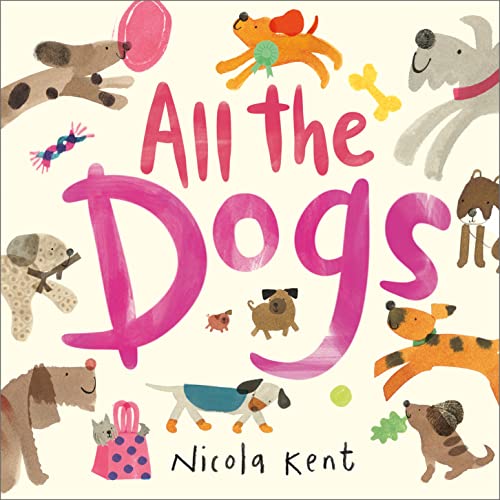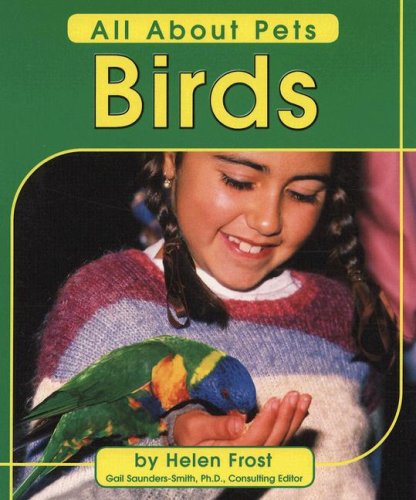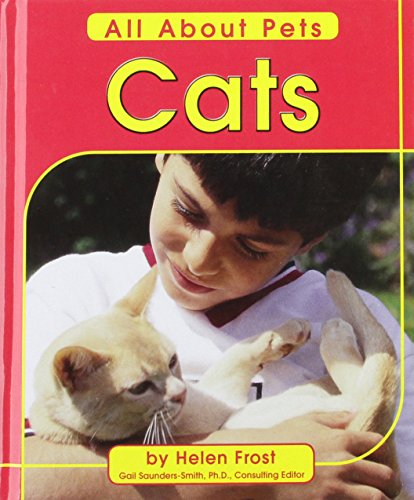- INCLUDES: 100 Regular-size standard-absorbency puppy pee pads; ideal for puppy training, senior dogs, car trips, and mor…
- 5-LAYER PROTECTION: Multi-layer construction with quick-dry surface and absorbent core that turns liquid into gel on con…
- LEAKPROOF: Plastic lining keeps floors safe from damage; plastic border on all 4 sides to prevent overflow
10 Plants You Might Have in Your Yard That Are Dangerous to Pets
1. Sago Palm (Cycas revoluta)
This plant is highly toxic to pets. Ingesting its seeds or leaves can cause severe liver failure in just a few hours.

2. Azalea (Rhododendron simsii)
Its nectar contains harmful glycosides that can cause vomiting, abdominal pain, and extreme fatigue in pets.

3. Calla Lily (Zantedeschia aethiopica)
As beautiful as it is dangerous. This plant contains calcium oxalate crystals that cause intense pain, drooling, and vomiting.

4. Peace Lily (Spathiphyllum spp.)
Common in indoor spaces, this plant can cause swelling of the tongue and difficulty breathing if ingested by pets.

5. Dumb Cane (Dieffenbachia picta)
This is one of the most toxic plants on the list. It can cause swelling of the throat and even respiratory blockage in cats and dogs.

6. Crown of Thorns (Euphorbia milii)
Found in many city gardens, this plant produces toxins that can irritate the skin and harm the liver.

7. Snake Plant (Dracaena trifasciata)
Toxic especially to cats. The saponin in this plant can cause liver issues, excessive drooling, and weakness.

8. Tobacco Plant (Nicotiana tabacum)
The nicotine in this plant can cause irregular heartbeats and breathing problems in pets—especially dangerous if chewed.

9. Angel’s Trumpet (Datura spp.)
Looks harmless, but it contains powerful neurotoxins like atropine and scopolamine. Pets may experience seizures, hallucinations, or heart issues.

10. Tulip (Tulipa spp.)
Mostly toxic in the bulb. Can lead to skin irritation, nausea, fast heart rate, and digestive problems.

Keep Your Pet Safe
Being informed is the first step to prevention. If you love decorating your home with plants, make sure they’re pet-safe varieties. Always consult your vet if your dog or cat shows any signs of poisoning.




